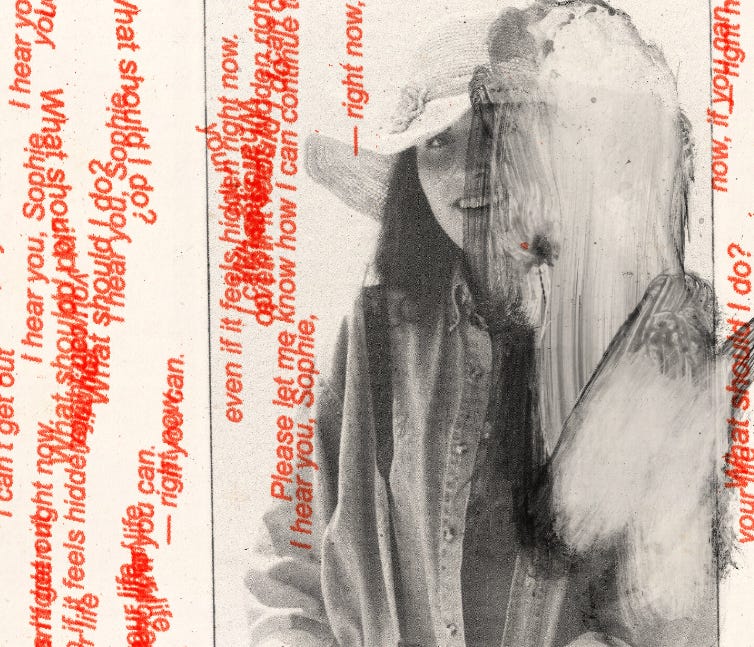Sophie was hilarious and it was almost never at someone else’s expense. She had the alchemical ability to make people laugh while building them up. It’s so difficult in this world to be an enthusiast, to be excited about cool stuff, to love things openly.
The photographers in the family groused about her ruining pictures with Snidely Whiplash devilish eyebrows, theatrical googly eyes and an open-mouthed silent roar that meant something like “Beast mode!” Her openness was a universal theme for the dozen or so people who spoke at her funeral.
Her open book turned out to have a hidden compartment. In July, five months after her death, we discovered that Sophie Rottenberg, our only child, had confided for months in a ChatGPT A.I. therapist called Harry.
We had spent so many hours combing through journals and voice memos for clues to what happened. It was her best friend who thought to check this one last thing, the A.I.’s chat logs.
Sophie, a largely problem-free 29-year-old badass extrovert who fiercely embraced life, killed herself this winter during a short and curious illness, a mix of mood and hormone symptoms. We were still pursuing a diagnosis: Was major depressive disorder throwing her hormones out of whack, or was hormonal dysregulation causing a cascade of physical and emotional symptoms? She didn’t wait to find out.
For most of the people who cared about Sophie, her suicide is a mystery, an unthinkable and unknowable departure from all they believed about her.
Read more | NEW YORK TIMES

